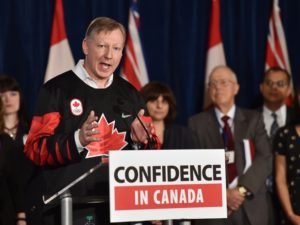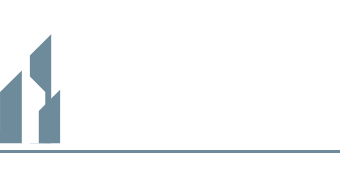ICBA president Chris Gardner joined seven other key B.C. business groups to pen this joint op-ed:
British Columbia has done a good job of flattening the curve in the ongoing fight against COVID-19 through the leadership of the provincial government and public health professionals, and because British Columbians have done their part.
 This Team B.C. approach has worked to help protect the health of British Columbians. We now need to apply this same approach to advancing economic recovery safely.
This Team B.C. approach has worked to help protect the health of British Columbians. We now need to apply this same approach to advancing economic recovery safely.
As organizations representing employers big and small in communities throughout our province, we agree with the government and Provincial Health Officer Dr. Bonnie Henry that a safe and phased return to work is the best path forward. We believe it is possible.
It’s now time for government and public health agencies to map out a phased plan to safely get British Columbians back to work. Working in partnership, it’s time for businesses across the province to do the same. In doing so, we all need to double-down on our pledge to keep workers and communities healthy as the number one priority. But, with thousands of people out of work and over a third of businesses saying their survival is in doubt – all of us need to take up the challenge and responsibility of economic recovery with the same sense of urgency and spirit of cooperation employed to attack the public health crisis.
BC businesses are committed to making sure we get it right. As we look to the short, medium and long-term re-opening of BC’s economic sectors – from small shops and restaurants, to construction, mines, pulp mills and energy projects – we will continue to build on the robust health and safety measures we have already put in place and will follow further Provincial Health Officer guidance. We will do so transparently and will communicate what measures we are taking to keep workers and the public safe every step along the way. We owe that to our employees, front-line workers and all British Columbians who have sacrificed so much to get us to where we are now. We also owe it to those who have lost their livelihoods and look to a brighter day ahead.
That day can, and will, come. Powering up B.C.’s main economic engines from professional services, to natural resources, construction, transportation, agri-food and accommodation – in a thoughtful and measured way – is the surest path to addressing unemployment, minimizing permanent business closures, and restoring revenues so the government can continue to deliver the services British Columbians count on.
Through this unprecedented crisis, British Columbians have rolled up their sleeves and shown we are serious about our collective responsibility to keep our families, friends and colleagues healthy. We have shown it can be done. In true Team B.C. spirit, we can do it again and seize the opportunity to ensure a safe economic recovery that leads to a brighter future.
- Chris Gardner, President, Independent Contractors and Businesses Association
- Val Litwin, President and CEO, B.C. Chamber of Commerce
- Susan Yurkovich, President and CEO, B.C. Council of Forest Industries
- Laura Jones, Chief Strategy Officer, Canadian Federation of Independent Business
- Greg D’Avignon, President and CEO, Business Council of B.C.
- Bridgitte Anderson, President and CEO, Greater Vancouver Board of Trade
- Michael Goehring, President and CEO, Mining Association of B.C.
- Bryan Cox, President & CEO, B.C. LNG Alliance


